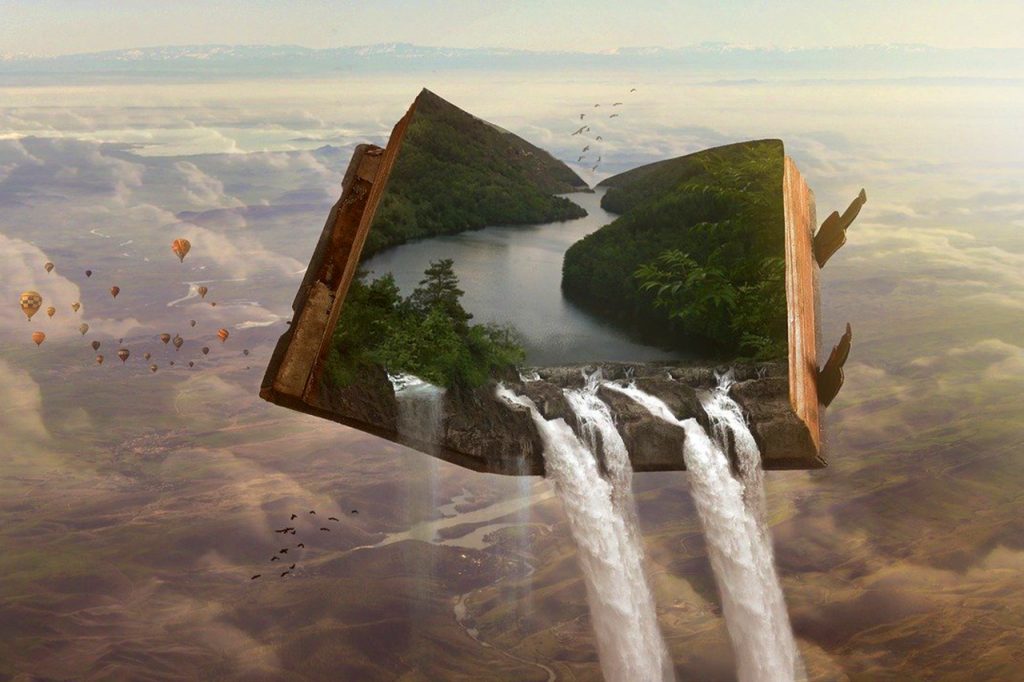Methods
transpersonal psychology
Charles Tart (1975), of the Institute of Transpersonal Psychology in Palo Alto, California, defined Transpersonal Psychology as dealing with higher human processes that includes spirituality and the development of human potential. Sutich (as cited in Tart, 1975, p. 2) defined the field of Transpersonal Psychology as being “concerned with the empirical, scientific study of, and responsible implementation of the findings relevant to becoming, and individual and spiritual meta-needs, ultimate values, unitive consciousness, peak experiences, B-values, ecstasy, mystical experience, awe, being, [and] self-actualization”.
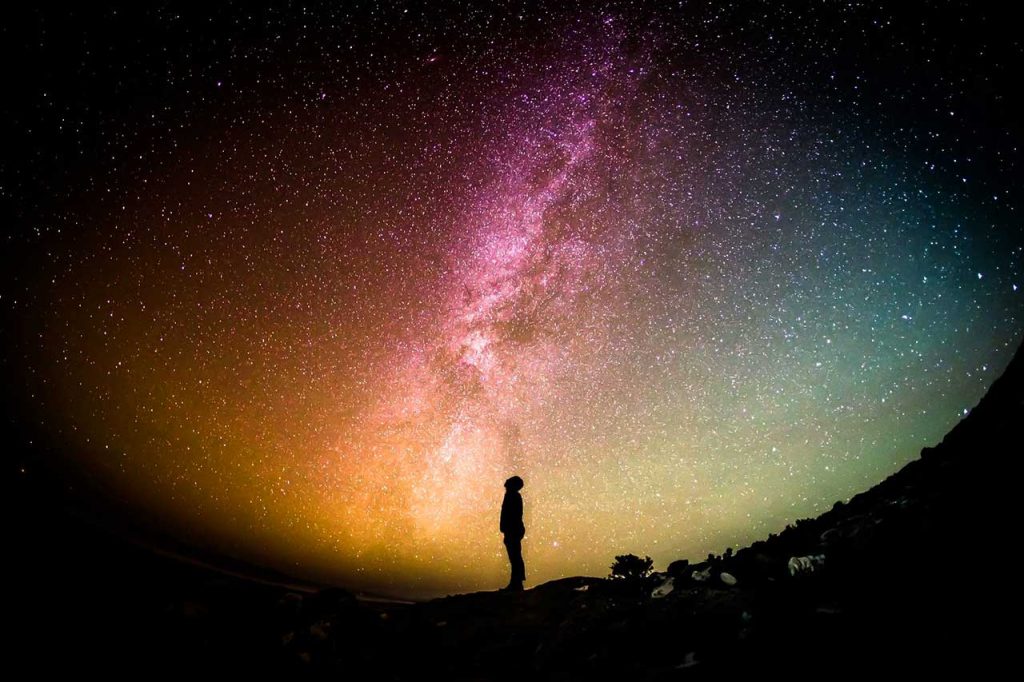
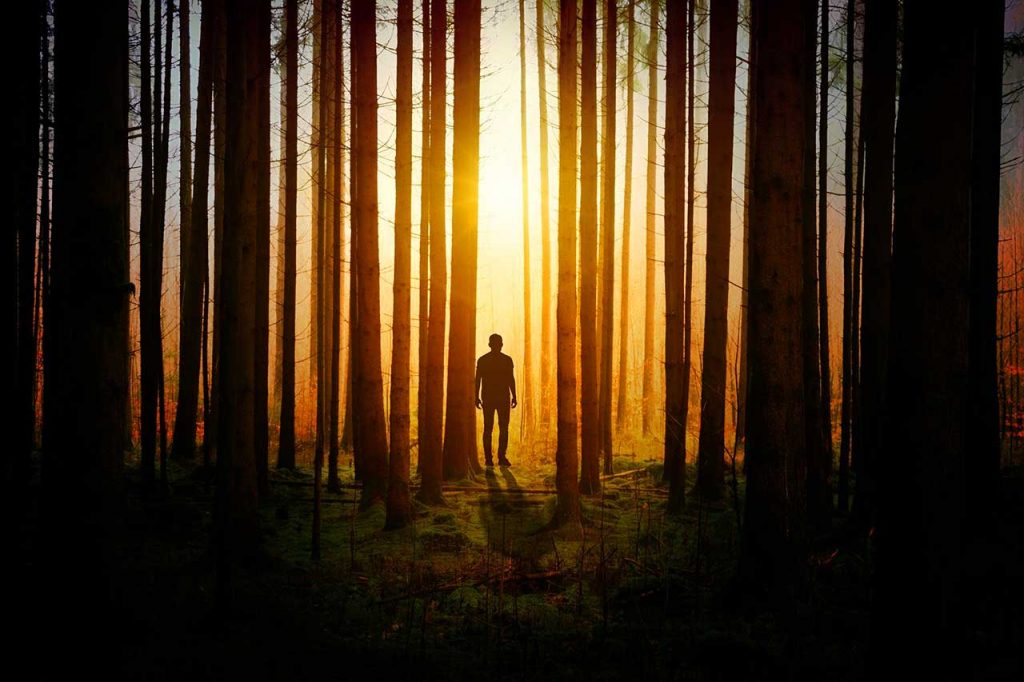
ecopsychology
Ecopsychology is a branch of psychology that suggests an organic, synergistic relationship between planetary and personal well-being. That is, the needs of one are relevant and dependent on the other (Devall & Sessions, 1985; Roszak, 1992). Ecopsychology extends beyond the traditional built environment of psychology, as it seeks to develop and understand ways of expanding the emotional connection between individuals and the natural world. It is essentially a bridge that spans the abyss between traditional indigenous nature based practices and conventional psychology.
Psychosynthesis
Roberto Assagioli MD, the founder of Psychosynthesis, used an “egg” diagram to demonstrate his theory of psychology. As part of my Psychosynthesis training, I wrote most of the following description of Psychosynthesis for my elderly Mother, whose first language is not English, however is an avid gardener. Therefore, I used a diagram of a tree. You can compare the two and use what works best for you.
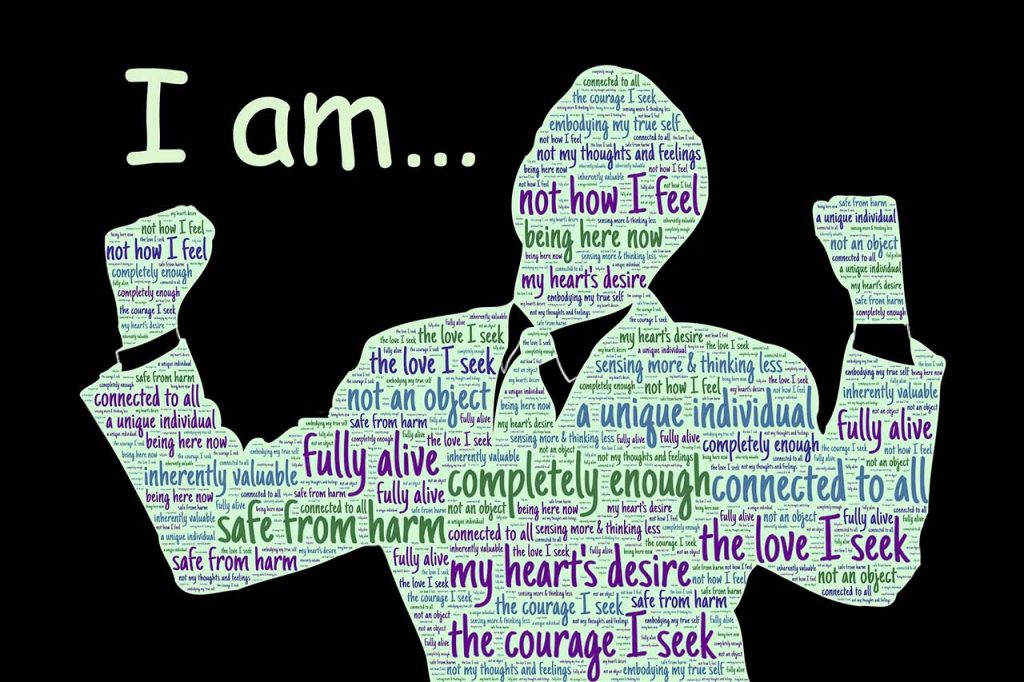
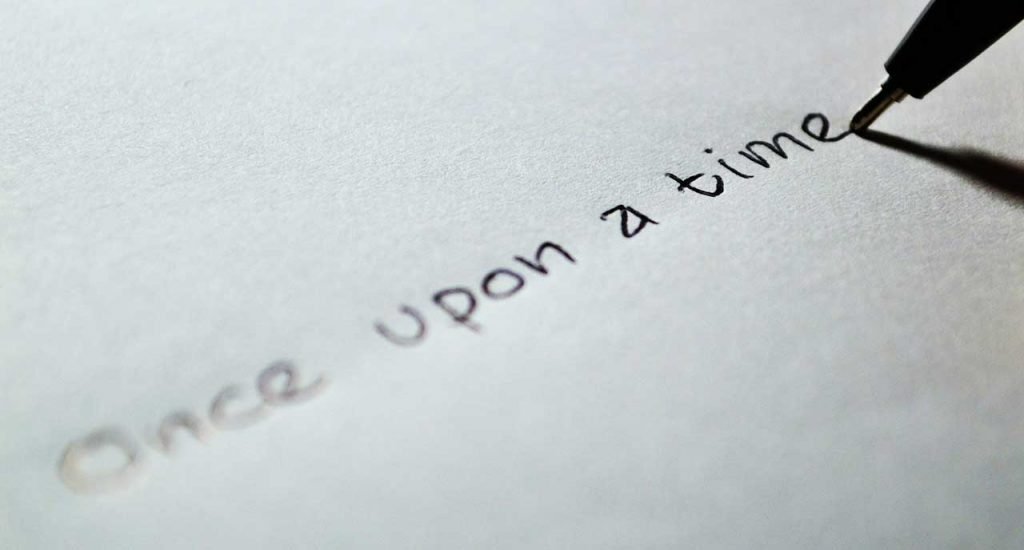
narrative
Every experience has a story behind it. Without knowing that story, how can we ever expect to understand the experience. Therapeutic and psycho-spiritual change requires know one’s story. How can you know where you are going if you don’t know where you have been?
When telling one’s “story”, the continuity of flow creates unlimited potential for insight and meaning-making through the endless sequence of thoughts and beliefs that begin to merge together.
dream work
“I dream to find out who I am beyond who I dream I am.”(LaBerge, 2004, p. 18)
“Dreams are a reservoir of knowledge and experience, yet they are often overlooked as a vehicle for exploring reality. In the dream state our bodies are at rest, yet we see and hear, move about, and are even able to learn. When we make good use of the dream state, it is almost as if our lives were doubled: instead of a hundred years, we live two hundred.” (Tulka, 1978, p. 74)
